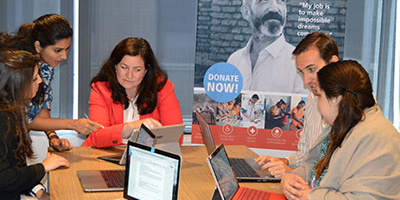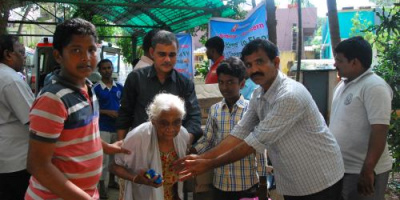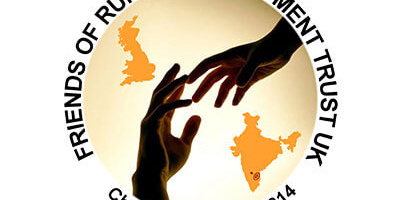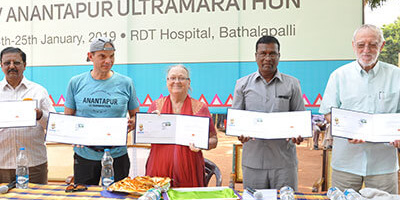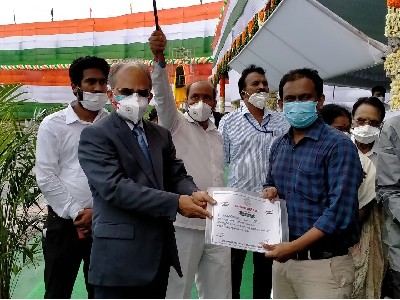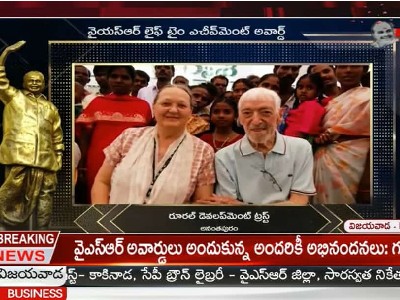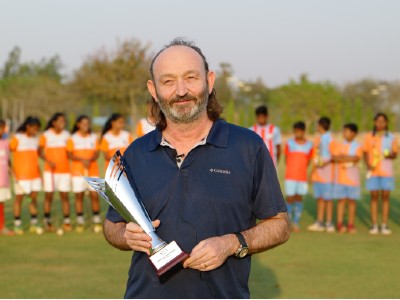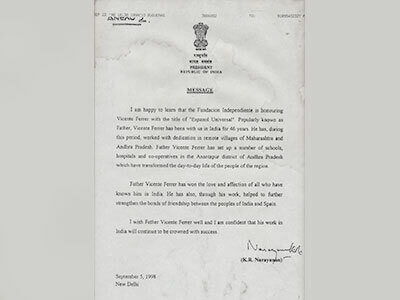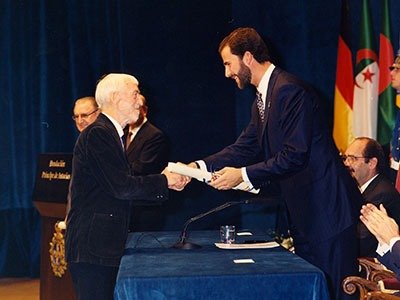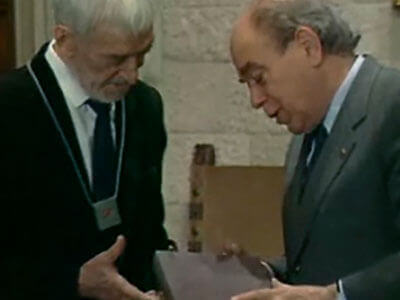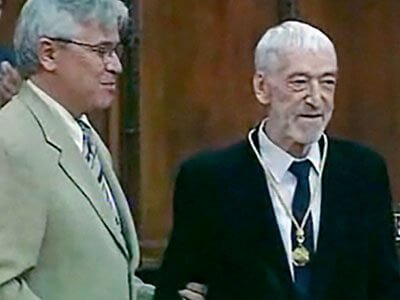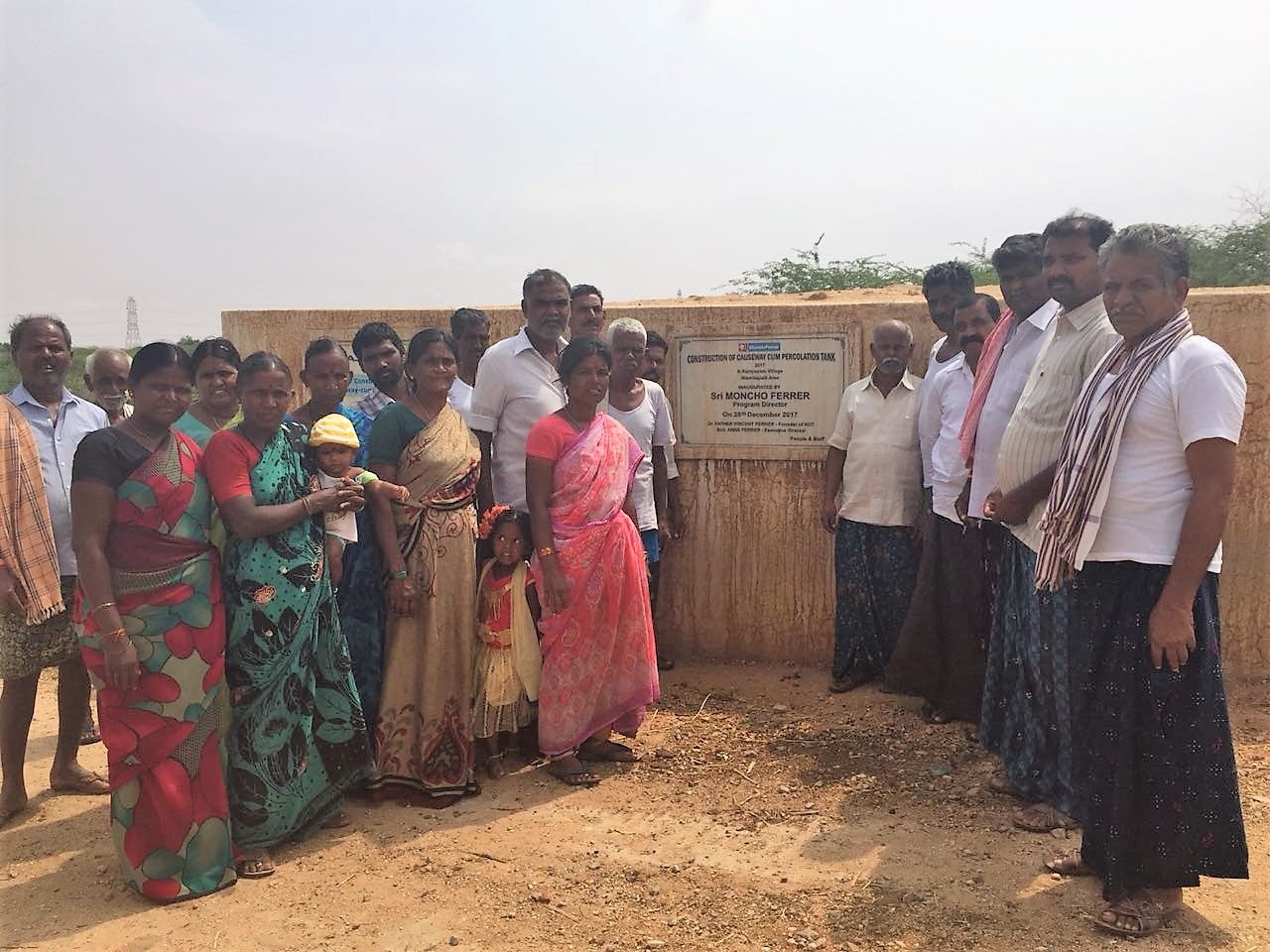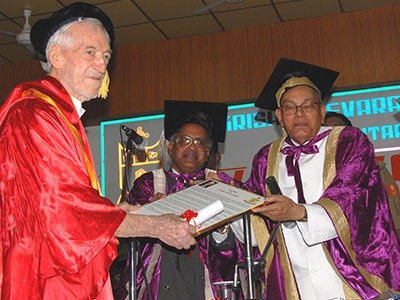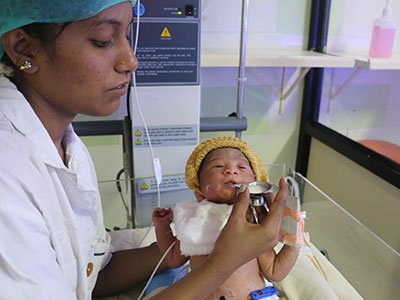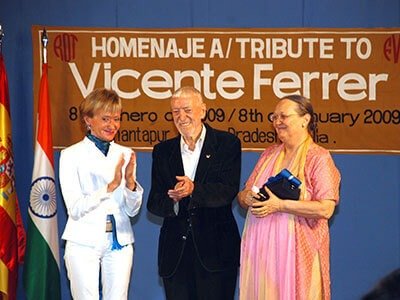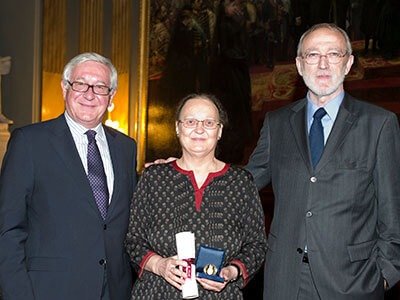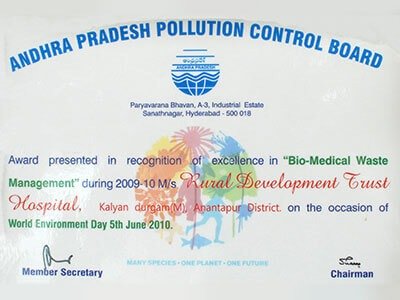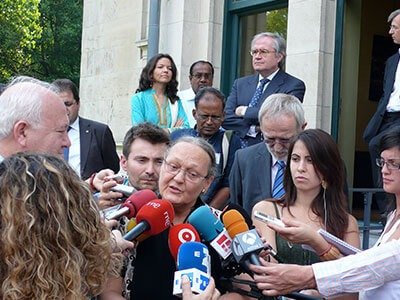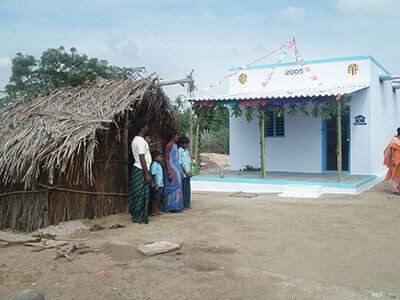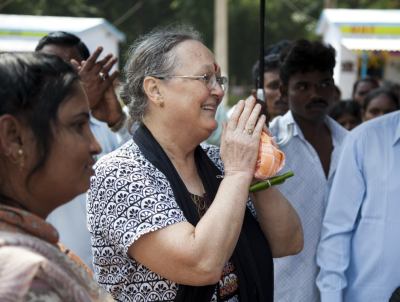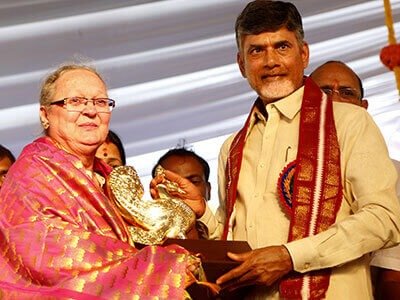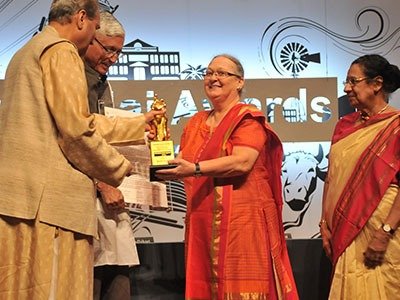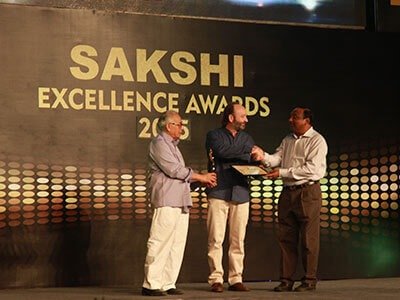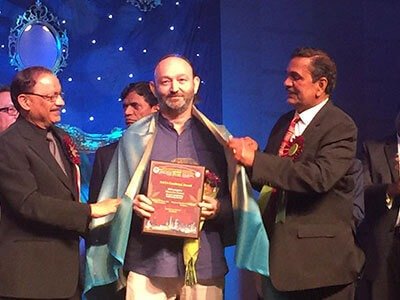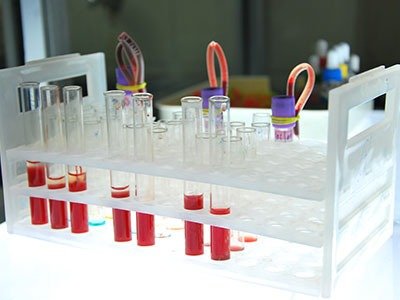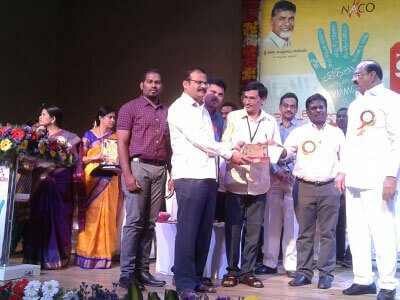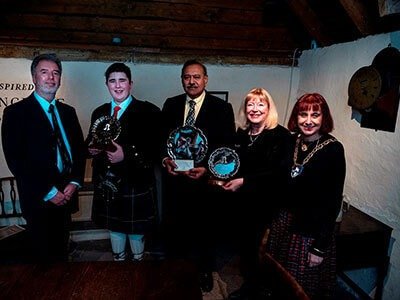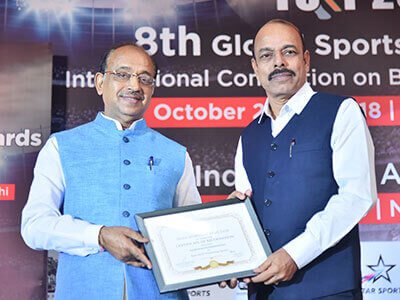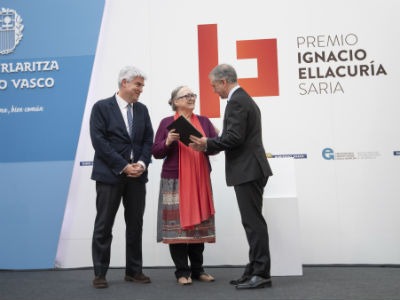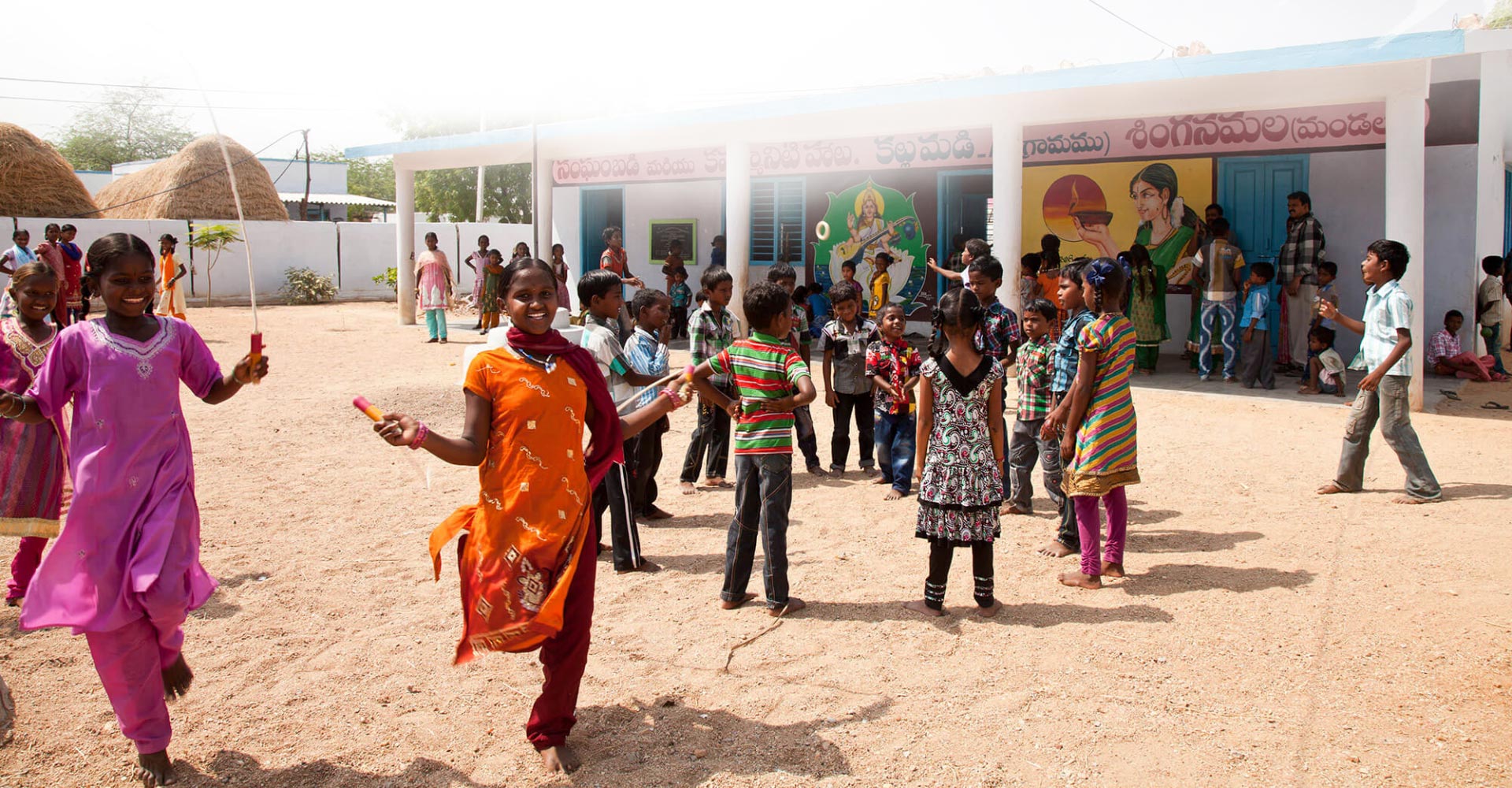
RDT at a Glance
Empowering rural communities in India and supporting them in their struggle to eradicate poverty, suffering and injustice.

RDT at a Glance
Empowering rural communities and partnering with them in their struggle to eradicate poverty, suffering and injustice.

VISION
A caring, just and
equitable society

DHARMA
Where we work
Where we work
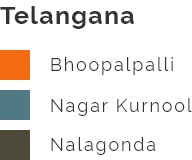
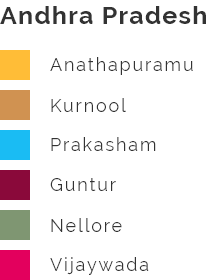
Our Story
 Vicente Ferrer lands in Mumbai, India for the first time and dedicates himself to the development and progress of the farmers of Manmad, Maharashtra
Vicente Ferrer lands in Mumbai, India for the first time and dedicates himself to the development and progress of the farmers of Manmad, Maharashtra 
 Vicente Ferrer, along with journalist Anne Perry and two other local volunteers arrive in Anantapur. They start to work in the drought prone areas throgh the newly founded organisation, Rural Development Trust.
Vicente Ferrer, along with journalist Anne Perry and two other local volunteers arrive in Anantapur. They start to work in the drought prone areas throgh the newly founded organisation, Rural Development Trust. 
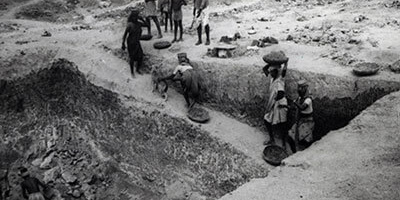 Food - For- Work programme is implemented. Over the next five years, 10,000 wells are dug, 2,500 houses are built in the village, and a leprosy centre is started.
Food - For- Work programme is implemented. Over the next five years, 10,000 wells are dug, 2,500 houses are built in the village, and a leprosy centre is started. 
 The Integrated development programme is launched in more than 200 villages in Kalyandurg area along with land development programmes that helped labourers to become farmers. The Community Health Sector and the first community- based organisations are established.
The Integrated development programme is launched in more than 200 villages in Kalyandurg area along with land development programmes that helped labourers to become farmers. The Community Health Sector and the first community- based organisations are established. 
 Small rural hospitals are started in Kalyandurg, Kuderu and Venkatampalli to provide basic health assistance to the needy.
Small rural hospitals are started in Kalyandurg, Kuderu and Venkatampalli to provide basic health assistance to the needy. 
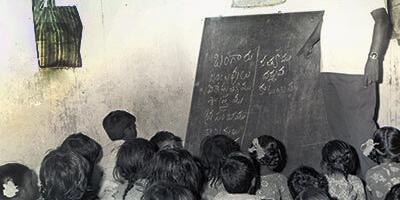 The Education Sector is founded with the goal to ensure the enrollment of children from poor communities. At that time, 90% of them could'nt attend primary school
The Education Sector is founded with the goal to ensure the enrollment of children from poor communities. At that time, 90% of them could'nt attend primary school 
 RDT encourages cultural and sports events in order to foster integration and promote equality among the children and youth in Anantapur district.
RDT encourages cultural and sports events in order to foster integration and promote equality among the children and youth in Anantapur district. 
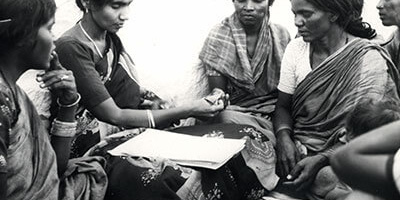 For the first time, RDT starts to work directly with women through self - help groups. Women pool their small monthly savings to increase their collective strength and economic independence.
For the first time, RDT starts to work directly with women through self - help groups. Women pool their small monthly savings to increase their collective strength and economic independence. 
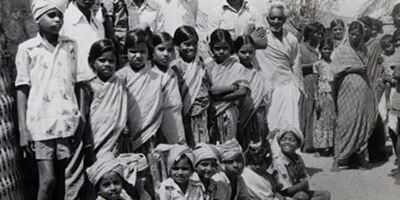 RDT starts focusing on the importance and value of education by motivating the parents to retain their children in school upto 10th Class.
RDT starts focusing on the importance and value of education by motivating the parents to retain their children in school upto 10th Class. 
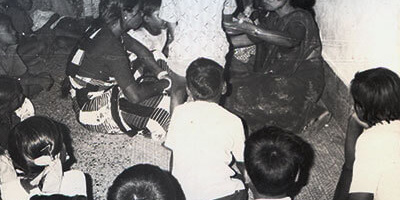 RDT partners with the Government and UNICEF for the fisrt universal immunisation programme in the country
RDT partners with the Government and UNICEF for the fisrt universal immunisation programme in the country 
 During immunisation, RDT becomes aware of the throusands of persons with disabilites living without access to rehabilitation and dignified life. The Community - Based Rehabilitation Sector is established for their progress and the first self - help groups are formed.
During immunisation, RDT becomes aware of the throusands of persons with disabilites living without access to rehabilitation and dignified life. The Community - Based Rehabilitation Sector is established for their progress and the first self - help groups are formed. 
 After three years of successive drougts, the Ecology Sector is constituted to work towards a sustainable environment and agriculture. In the following years, it worked systematically for soil and water conservation, afforestation and introduction of horticulture.
After three years of successive drougts, the Ecology Sector is constituted to work towards a sustainable environment and agriculture. In the following years, it worked systematically for soil and water conservation, afforestation and introduction of horticulture. 
 First special schools for children with different abilities are started in the rural areas so that all children have access to rehabilitation and formal education.
First special schools for children with different abilities are started in the rural areas so that all children have access to rehabilitation and formal education. 
 Started awareness campaigns on HIV in villages to explain about the virus, how it is transmitted and how it can be prevented.
Started awareness campaigns on HIV in villages to explain about the virus, how it is transmitted and how it can be prevented. 
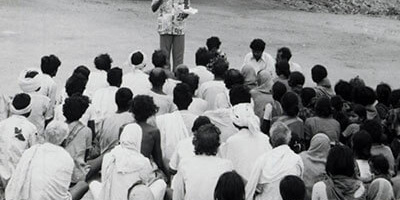 Started awareness campaigns on HIV in villages to explain this new virus, how it is transmitted and how it can be prevented.
Started awareness campaigns on HIV in villages to explain this new virus, how it is transmitted and how it can be prevented. 
 Fundacion Vicente Ferrer (FVF) in Spain is launched to directly support and give sustainability to RDT Projects.
Fundacion Vicente Ferrer (FVF) in Spain is launched to directly support and give sustainability to RDT Projects. 
 Started Community Habitat Sector to support the government's effort to move people out of huts and facilitate them to have safe and secure housing
Started Community Habitat Sector to support the government's effort to move people out of huts and facilitate them to have safe and secure housing 
 RDT's health programmes further help to bring quality healthcare to rural areas by opening two secondary level care hospitals in Bathalapalli (2000) Kalyandurg (2006), and a primary healthcare center in Kanekal (2004)
RDT's health programmes further help to bring quality healthcare to rural areas by opening two secondary level care hospitals in Bathalapalli (2000) Kalyandurg (2006), and a primary healthcare center in Kanekal (2004) 
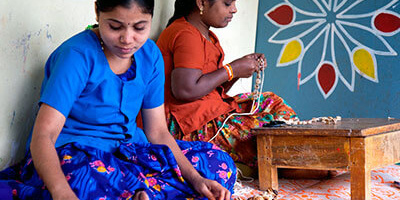 First Handicrafts workshop for women with disabilities is established in Udegolem. It provides them with professional skills to be independent and recognised members of their family and community.
First Handicrafts workshop for women with disabilities is established in Udegolem. It provides them with professional skills to be independent and recognised members of their family and community. 
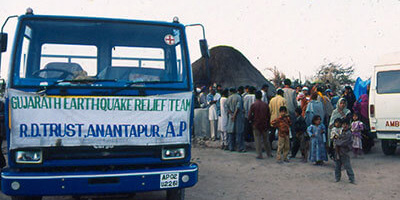 RDT uses its 30 years of experience in development to help the rehabilitation and reconstruction efforts in the Gujarat Earthquake.
RDT uses its 30 years of experience in development to help the rehabilitation and reconstruction efforts in the Gujarat Earthquake. 
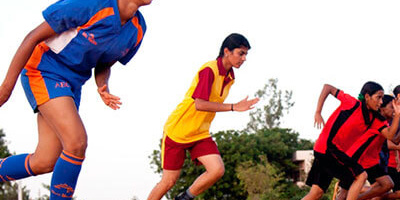 Increasing the focus and importance of sports in development by establishing the Anantapur Sports Village.
Increasing the focus and importance of sports in development by establishing the Anantapur Sports Village. 
 RDT participates in the emergency, rehabilitation and reconstruction efforts after the Tsunami in Tamil Nadu and Coastal Andhra Pradesh.
RDT participates in the emergency, rehabilitation and reconstruction efforts after the Tsunami in Tamil Nadu and Coastal Andhra Pradesh. 
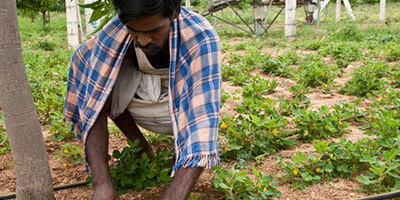 To assist farmers and implement sustainable agricultural methods, micro- irrigation methods are implemented along with solar- panels to support it.
To assist farmers and implement sustainable agricultural methods, micro- irrigation methods are implemented along with solar- panels to support it. 
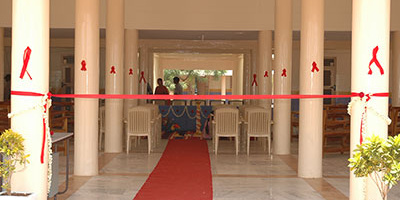 A Department for Infectious Diseases (HIV and TB) is inaugurated. It soon becomes well - know throuhgout the state for its quality and empathetic care.
A Department for Infectious Diseases (HIV and TB) is inaugurated. It soon becomes well - know throuhgout the state for its quality and empathetic care. 
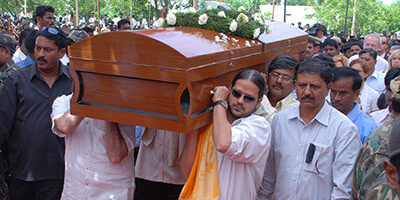 RDT's founder, Vicente Ferrer, passes away. More than 1,00,000 people from all across Anantapur district, India and Spain attend his funeral.
RDT's founder, Vicente Ferrer, passes away. More than 1,00,000 people from all across Anantapur district, India and Spain attend his funeral. 
 In coordination with the Government and other organisations, a specific programme to eradicate violence against women and a shelter home for women are started.
In coordination with the Government and other organisations, a specific programme to eradicate violence against women and a shelter home for women are started. 
 RDT starts working with Chenchus, a tribal community in Srisailam to strengthen their individual and collective capacity, protect their cultural heritage, access resources and services under the provision of law.
RDT starts working with Chenchus, a tribal community in Srisailam to strengthen their individual and collective capacity, protect their cultural heritage, access resources and services under the provision of law. 
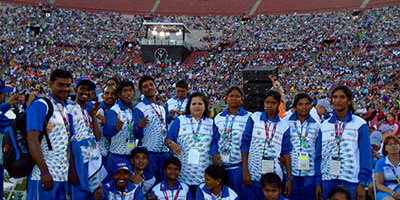 For the first time, youth with Intellectual Disabilities hailing from Anantapur travel abroad to represent India in the Special Olympics.
For the first time, youth with Intellectual Disabilities hailing from Anantapur travel abroad to represent India in the Special Olympics. 
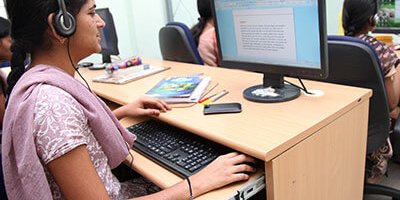 The first Professional School for young rural graduated is launched. More than 90% of its students, both boys and girls, find employment after completing the course.
The first Professional School for young rural graduated is launched. More than 90% of its students, both boys and girls, find employment after completing the course. 
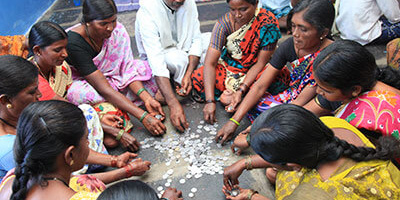 The India For India Programme is initiatied, a unique initiatibe in which rural communities donate a part of their savings for a common cause. RDT also starts partnering with Indian companies for different social projects.
The India For India Programme is initiatied, a unique initiatibe in which rural communities donate a part of their savings for a common cause. RDT also starts partnering with Indian companies for different social projects. 
 Started collaborating with the AP Government for the Swachhh Bharat Mission, by constructing bathroom- cum-toilets.
Started collaborating with the AP Government for the Swachhh Bharat Mission, by constructing bathroom- cum-toilets. 





